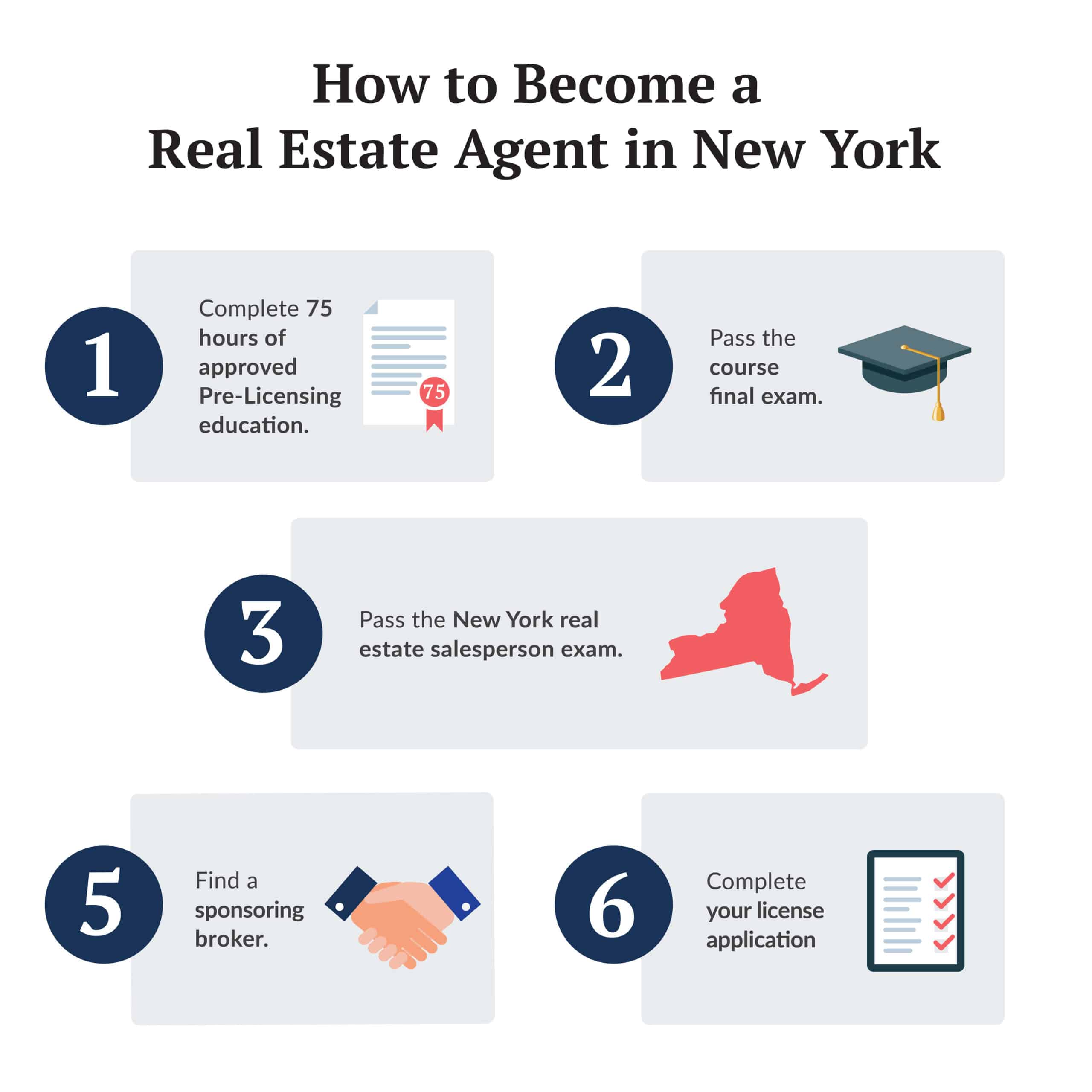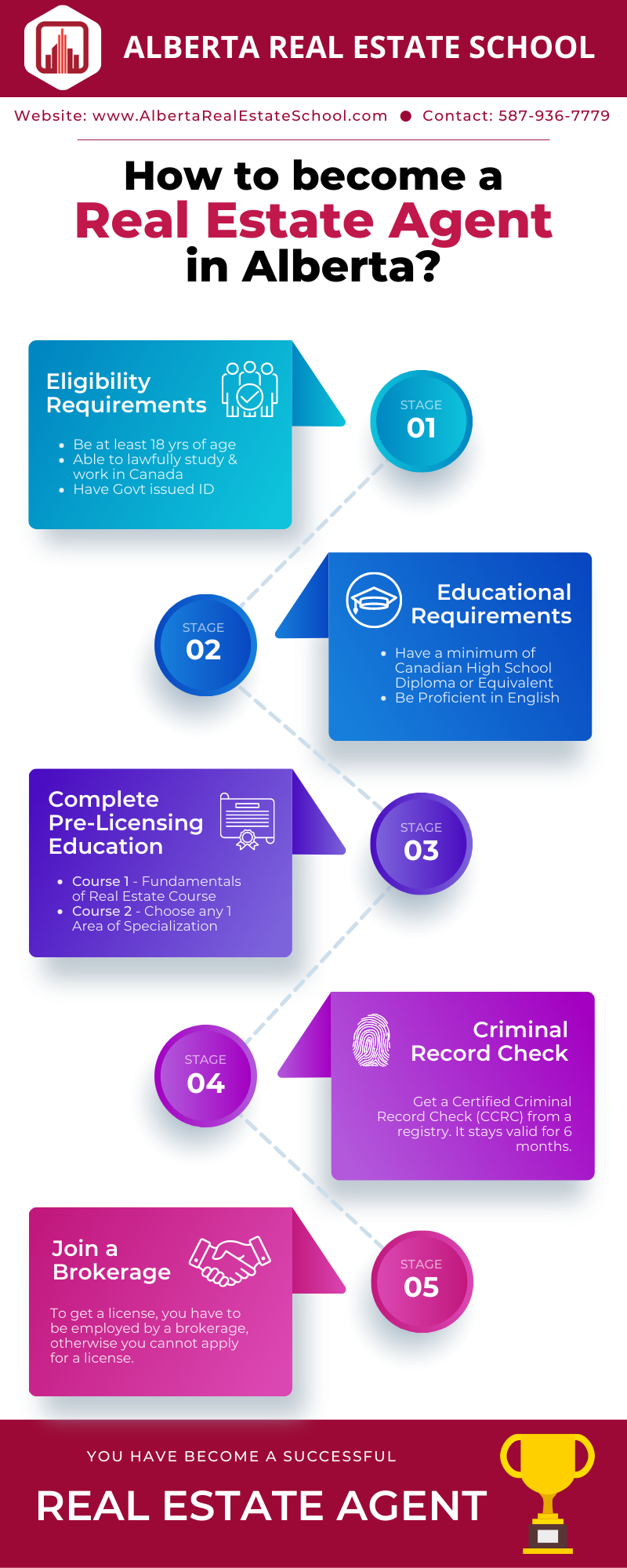
Door knocking can be an effective way to grow your company, whether you're new or experienced in the field. It is essential to learn how it can be used effectively.
Knocking on homes can be a time-consuming and exhausting task, but it's essential to getting your name out there and generating leads for your business. To get the most from this strategy, it is important to understand which neighborhoods are most vulnerable and how you can approach them.
Door knocking is best done in areas that have high homeownership, great schools and good home values. It's also important to know the area's demographics and whether it's a tenant-based neighborhood or an owner-based one.
A high homeownership ratio can be a great situation. It allows you to make connections with homeowners who are interested in selling or buying their home. If you choose an area that has a low homeowner ratio, you're likely to encounter tenants who are less interested in selling their home.
A strong door knocking script will help you communicate effectively with homeowners and establish yourself as an expert in the real estate market. The key is to find the right doorknocking strategy for each neighborhood.

Here are some examples of door knocking techniques that can be used to generate leads.
1. Door knocking on Homes that are Up for Sale
It's a great way to generate leads. You can walk up to homes for sale and offer to sell them. This will allow you to entice potential buyers to come in and take a closer look at the home, which could ultimately result in the home's sale for a higher price.
2. Get Knocked on Homes with a Strong Selling History
A home with a good selling record usually has a higher price than comparable homes. It is more appealing to potential buyers and agents.
3. Look for Homes that are in a Great School District

A good school district can attract families with children who want to buy a new house, so it's a great way to increase your leads. A good school district is typically in a safe and walkable neighborhood that's close to parks and emergency services, which are all qualities that ensure high home values.
4. You can use a good script to knock on doors of potential buyers and sellers of homes to help you reach them.
5. A great door knocking tip is to leave a relevant marketing piece on the front porch of each home you visit, such as a market update or recent sales in the area.
This will enable you to save 90 seconds per door and establish yourself as a local expert offering something of value. You'll also be able stand out among the others, making it easier for prospects to call you when they have real estate-related questions.
FAQ
Can I buy a house without having a down payment?
Yes! Yes. There are programs that will allow those with small cash reserves to purchase a home. These programs include government-backed mortgages (FHA), VA loans and USDA loans. Visit our website for more information.
Is it better to buy or rent?
Renting is usually cheaper than buying a house. However, renting is usually cheaper than purchasing a home. You also have the advantage of owning a home. You will have greater control of your living arrangements.
What's the time frame to get a loan approved?
It depends on several factors including credit score, income and type of loan. Generally speaking, it takes around 30 days to get a mortgage approved.
How can I tell if my house has value?
If you have an asking price that's too low, it could be because your home isn't priced correctly. If you have an asking price well below market value, then there may not be enough interest in your home. Get our free Home Value Report and learn more about the market.
Is it possible for a house to be sold quickly?
You may be able to sell your house quickly if you intend to move out of the current residence in the next few weeks. You should be aware of some things before you make this move. First, find a buyer for your house and then negotiate a contract. You must prepare your home for sale. Third, your property must be advertised. Finally, you need to accept offers made to you.
What are the 3 most important considerations when buying a property?
The three most important factors when buying any type of home are location, price, and size. Location refers the area you desire to live. Price refers how much you're willing or able to pay to purchase the property. Size refers the area you need.
Statistics
- Over the past year, mortgage rates have hovered between 3.9 and 4.5 percent—a less significant increase. (fortunebuilders.com)
- This seems to be a more popular trend as the U.S. Census Bureau reports the homeownership rate was around 65% last year. (fortunebuilders.com)
- It's possible to get approved for an FHA loan with a credit score as low as 580 and a down payment of 3.5% or a credit score as low as 500 and a 10% down payment.5 Specialty mortgage loans are loans that don't fit into the conventional or FHA loan categories. (investopedia.com)
- Based on your credit scores and other financial details, your lender offers you a 3.5% interest rate on loan. (investopedia.com)
- The FHA sets its desirable debt-to-income ratio at 43%. (fortunebuilders.com)
External Links
How To
How to manage a rental property
While renting your home can make you extra money, there are many things that you should think about before making the decision. These tips will help you manage your rental property and show you the things to consider before renting your home.
Here are the basics to help you start thinking about renting out a home.
-
What should I consider first? Take a look at your financial situation before you decide whether you want to rent your house. If you are in debt, such as mortgage or credit card payments, it may be difficult to pay another person to live in your home while on vacation. Check your budget. If your monthly expenses are not covered by your rent, utilities and insurance, it is a sign that you need to reevaluate your finances. This might be a waste of money.
-
What is the cost of renting my house? There are many factors that influence the price you might charge for renting out your home. These factors include the location, size and condition of your home, as well as season. You should remember that prices are subject to change depending on where they live. Therefore, you won't get the same rate for every place. Rightmove estimates that the market average for renting a 1-bedroom flat in London costs around PS1,400 per monthly. This means that if you rent out your entire home, you'd earn around PS2,800 a year. This is a good amount, but you might make significantly less if you let only a portion of your home.
-
Is it worth the risk? It's always risky to try something new. But if it gives you extra income, why not? Be sure to fully understand what you are signing before you sign anything. You will need to pay maintenance costs, make repairs, and maintain the home. Renting your house is not just about spending more time with your family. You should make sure that you have thoroughly considered all aspects before you sign on!
-
Are there benefits? There are benefits to renting your home. There are many reasons to rent your home. You can use it to pay off debt, buy a holiday, save for a rainy-day, or simply to have a break. It is more relaxing than working every hour of the day. Renting could be a full-time career if you plan properly.
-
How can I find tenants? Once you decide that you want to rent out your property, it is important to properly market it. Listing your property online through websites like Rightmove or Zoopla is a good place to start. Once potential tenants reach out to you, schedule an interview. This will help you assess their suitability and ensure they're financially stable enough to move into your home.
-
How do I ensure I am covered? If you fear that your home will be left empty, you need to ensure your home is protected against theft, damage, or fire. You'll need to insure your home, which you can do either through your landlord or directly with an insurer. Your landlord will typically require you to add them in as additional insured. This covers damages to your property that occur while you aren't there. If your landlord is not registered with UK insurers, or you are living abroad, this policy doesn't apply. You will need to register with an International Insurer in this instance.
-
You might feel like you can't afford to spend all day looking for tenants, especially if you work outside the home. However, it is important that you advertise your property in the best way possible. Post ads online and create a professional-looking site. Also, you will need to complete an application form and provide references. While some prefer to do all the work themselves, others hire professionals who can handle most of it. It doesn't matter what you do, you will need to be ready for questions during interviews.
-
What happens after I find my tenant?After you've found a suitable tenant, you'll need to agree on terms. If you have a current lease in place you'll need inform your tenant about changes, such moving dates. You may also negotiate terms such as length of stay and deposit. You should remember that although you may be paid after the tenancy ends, you still need money for utilities.
-
How do I collect rent? When it comes time for you to collect your rent, check to see if the tenant has paid. You will need to remind your tenant of their obligations if they don't pay. After sending them a final statement, you can deduct any outstanding rent payments. You can always call the police to help you locate your tenant if you have difficulty getting in touch with them. They will not usually evict someone unless they have a breached the contract. But, they can issue a warrant if necessary.
-
How can I avoid problems? You can rent your home out for a good income, but you need to ensure that you are safe. Install smoke alarms, carbon monoxide detectors, and security cameras. Also, make sure you check with your neighbors to see if they allow you to leave your home unlocked at night. You also need adequate insurance. Finally, you should never let strangers into your house, even if they say they're moving in next door.